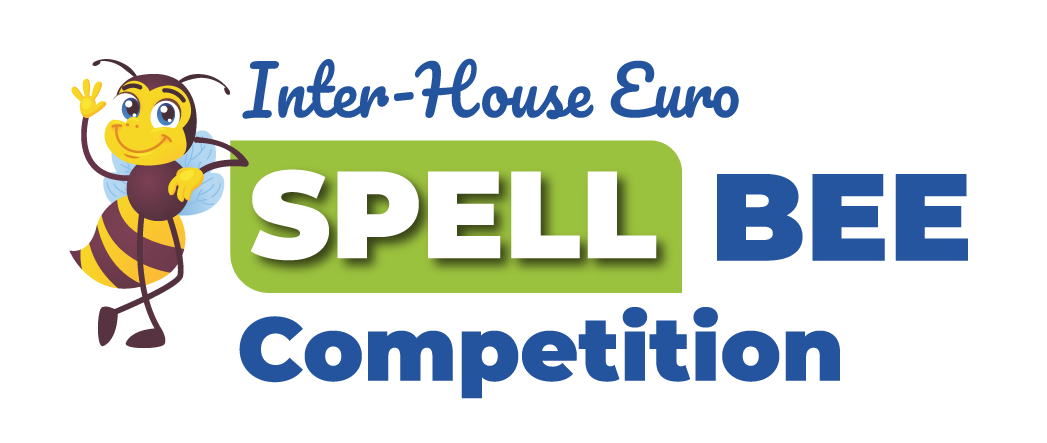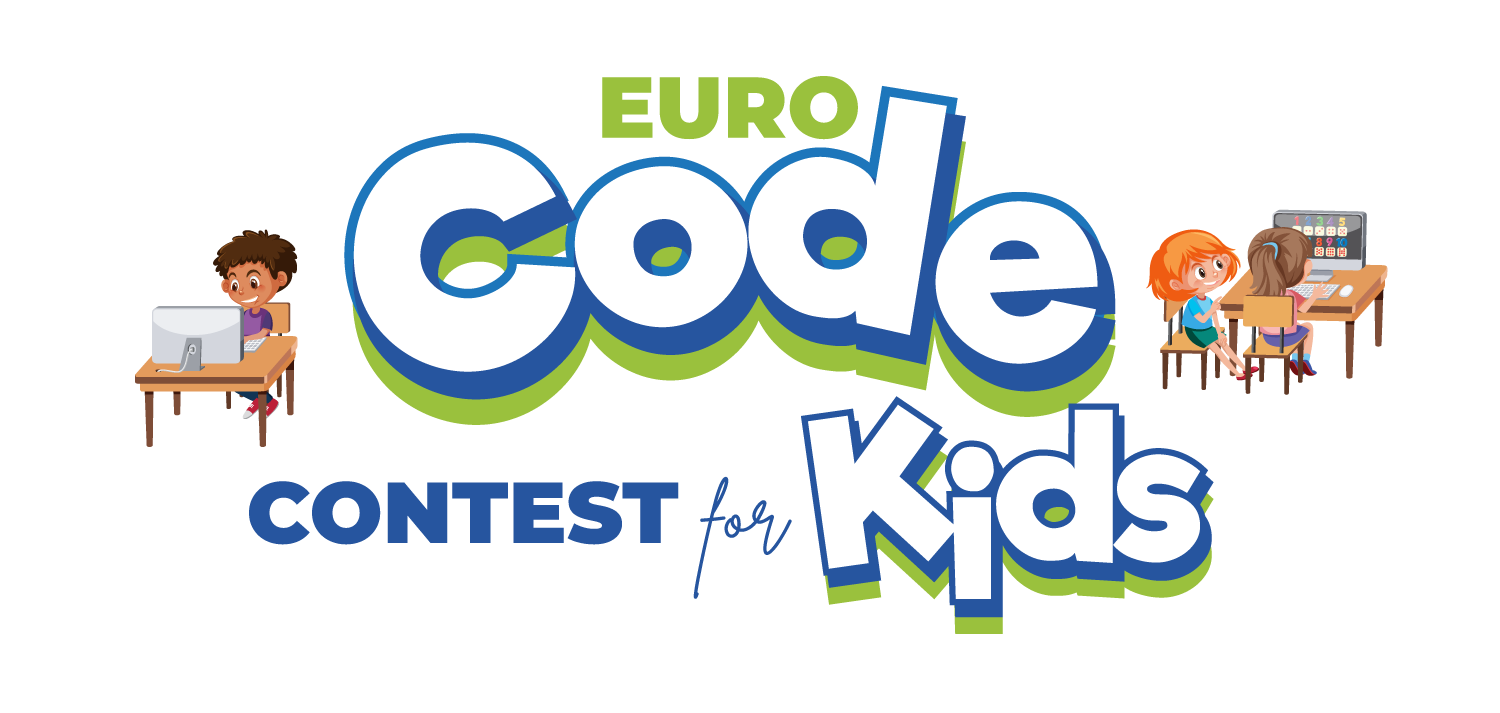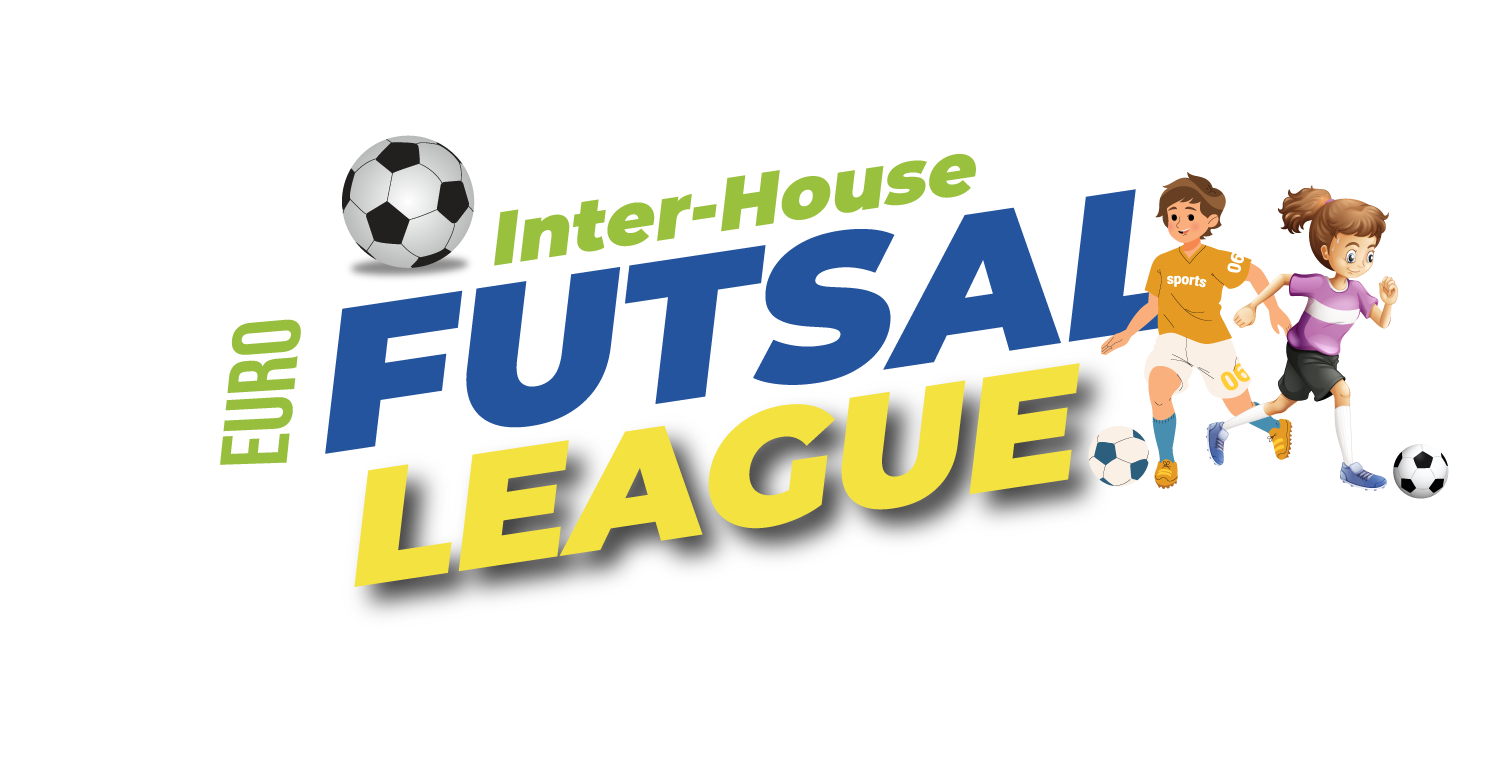As parents, it’s all too easy to find ourselves reacting quickly — sometimes harshly — to our child’s behavior. Whether it’s a mess they made, a tantrum they threw, or a rule they forgot, our instinct is often to correct or discipline them right away. But in doing so, we may miss a crucial opportunity to help them grow, understand, and feel secure in their own emotional world.
Understanding the Curious Nature of Children
One important truth we must remind ourselves of is this: children are naturally curious. Especially toddlers. Their little minds are constantly absorbing new experiences, trying to make sense of the world around them. They want to touch, feel, explore, and try things — not to cause trouble or test our patience, but simply because they are learning.
Mistakes, therefore, are not a sign of misbehavior. They’re often a natural part of their development. When a toddler spills their milk or pulls down a curtain, it isn’t intentional. It’s exploration. It’s learning by doing — even when the result is messy or inconvenient for us.
Why Our Reactions Matter
How we respond to our child’s mistakes can have a long-lasting impact. It shapes how they see themselves and how they relate to the world. A child who is scolded for every slip-up may grow to fear mistakes, question their worth, or feel hesitant to try new things. On the other hand, a child who is met with understanding and patience will feel secure, respected, and more confident in their learning journey.
Emotional development begins early. When we remain calm in the face of accidents or behavioral missteps, we’re not just handling the moment — we’re teaching valuable life lessons: that mistakes are okay, that problems can be solved, and that love isn’t conditional on perfection.
Practical Ways to Respond with Kindness
Here are a few ways to handle these situations with empathy:
- Stay Calm: Take a deep breath before reacting. Your calm presence sets the tone.
- Get on Their Level: Kneel down, make eye contact, and speak in a gentle tone. This shows you’re there to connect, not just to correct.
- Use Empathetic Language: Acknowledge their mistake without blame. For example:
“It’s okay, sometimes things spill. Let’s clean it up together so no one slips.” - Avoid Shaming: Refrain from comments like “Why do you always do this?” or “You’re so careless.” These hurt more than they help.
- Turn it into a Learning Moment: Guide them through what to do next, showing them that mistakes are a chance to learn, not a reason for fear.
The Long-Term Benefits
When you consistently respond with patience and love, you’re doing more than just preventing a meltdown — you’re building your child’s emotional resilience, self-esteem, and trust in you as a safe space. They learn that it’s okay to make mistakes, and more importantly, that they are still worthy of love even when things go wrong.
You’re teaching them how to regulate their emotions, take responsibility, and grow through experience. And in the process, you’re building a strong and secure bond that will serve them for years to come.
Final Thoughts
Next time your toddler knocks over a cup or colors on the wall, pause for a moment. Take a breath. Remember that their behavior isn’t a test — it’s a call for guidance. Choose to respond not with frustration, but with kindness. Not with blame, but with understanding.
Because at the end of the day, parenting is not about raising perfect children. It’s about nurturing curious, kind, and emotionally healthy humans.
So let’s try this: love more, yell less, and always hug your kids.
Thank you for reading — and remember, you’re doing a great job.














